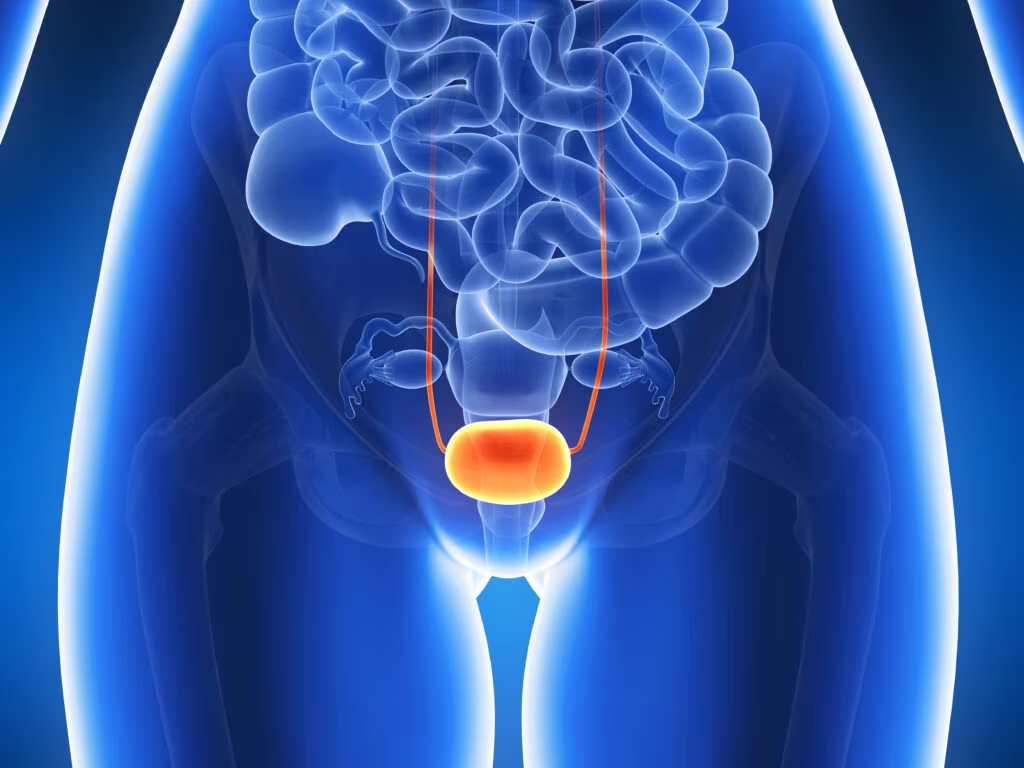Welcome to the latest edition of European Endocrinology. The recent outbreak of COVID-19 has impacted on all aspects of our profession, from the cancellation of medical conferences to the risk that COVID-19 imposes on patients with diabetes. Educating our patients on the importance of optimal glycaemic control has never been more important. This issue features a wide range of topical articles covering various areas of endocrinology.
Obesity continues to be one of the greatest challenges to the healthcare practitioner. In an editorial, Kalra et al. discuss the spectrum of obesity and its impact on health, and highlight the need for person-centered approaches to its management. In addition, Abdalla and Choo present a study investigating the association between salivary ghrelin levels in healthy adult males and anthropometric measures in healthy lean, normal, overweight and obese adults.
Diabetes is the focus of many of our articles, reflecting its global impact. Over half of people with type 2 diabetes develop diabetic polyneuropathy (DPN), which substantially reduces their quality of life. In a review article, Tesfaye and Sloan discuss the challenges of diagnosing and managing DPN, as well as describing current and emerging lifestyle interventions and therapeutic options. Despite the fact that opioid analgesics are considered as second- or third-line agents in the management of moderate-to-severe painful DPN, they are frequently prescribed for this indication. Balhara et al. propose recommendations for pragmatic opioid use in painful DPN.
Insulin is often needed in the control of type 2 diabetes. In a research report from Bangladesh, Kamrul-Hasan et al. describe discrepancies between insulin administration guidelines and current practice, highlighting the need for insulin education. Finally, on the subject of diabetes, Bhattacharya et al. discuss the interplay between pituitary health and
type 2 diabetes. In another review, Battacharya et al. discuss thyroid dysfunction due to cancer immunotherapy or targeted therapy, early recognition of which can improve treatment outcomes.
This issue features two original research articles on the subject of growth hormone (GH). In the first, Jung et al. describe a randomised controlled trial evaluating GH therapy in paediatric patients with idiopathic short stature. In the second, Alba et al. present a study investigating whether peak GH level can predict brain magnetic resonance imaging (MRI) abnormalities. This follows the controversial recommendation of the Growth Hormone Research Society that all patients diagnosed with GH deficiency should undergo brain MRI.
Case reports provide an opportunity to learn about rare presentations of common diseases. This issue concludes with three case reports: hyperinsulinaemic hypoglycaemia and polycystic kidney disease; T-wave abnormalities in hyperthyroidism; and pheochromocytoma due to a TMEM127 mutation.
European Endocrinology would like to take this opportunity to thank all expert authors who gave their valuable time and effort to produce these insightful articles. We are grateful to our Editorial Board for their constant guidance. Thanks also go to all organisations and society partners for their ongoing support. Finally, we hope you all stay safe and well during the current COVID-19 outbreak.
John Doupis
Dr John Doupis is Director of the Diabetes Division of Iatriko Palaiou Falirou Medical Center, and the Internal Medicine and Diabetes Department of the NS Naval Hospital, Athens, Greece. He is a former clinical research fellow of the Joslin Diabetes Center, Harvard Medical School, Boston, MA, USA, and scientific partner of Joslin-Beth Israel Deaconess Foot Center, also at Harvard Medical School in Boston. He has served as a principal investigator in many multicentre phase I, II, III and IV clinical trials, most of which have been published in international journals or presented at congresses. He is a registered reviewer and a member of the editorial board for many major diabetes medical journals. He has given numerous lectures in national and international congresses, presenting over 200 abstracts. His special areas of interest are diabetes and its complications, diabetic foot, diabetes-related smart technology including mobile apps and telemedicine, and obesity.












